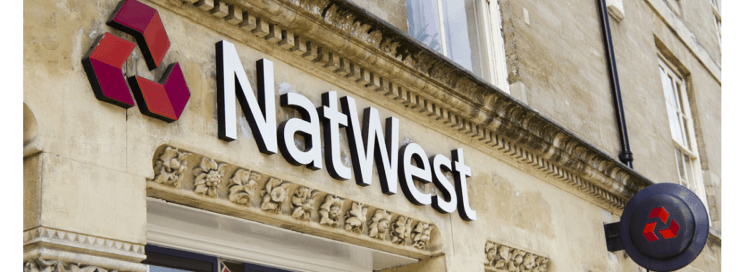Banks need to remember they are guardians of money, not values, a decision by Coutts to close Nigel Farage’s account was lawful, but there were “a number of shortcomings” in the process, a new review has found.
A review by law firm Travers Smith has found that the decision by the NatWest-owned private bank was made lawfully and in accordance with the relevant bank policies.
However, there were shortcomings in how the decision was reached, how the bank communicated with Farage and how it treated his confidential information.
Subscribe to our Weekly Newsletter
The review found that the exit decision was predominantly a commercial one, as the Farage relationship was loss making. Travers Smith said that while other factors such as reputational risk were considered, they were not factors that drove the decision.
“Mr Farage’s public statements on various issues were not a determining factor in the exit decision,” NatWest said in a statement. “Rather, Travers Smith consider them to have supported the decision.”
NatWest said it would implement a number of steps in response to the review, including taking steps to ensure that lawfully protected beliefs of customers do not play a role in such decisions.
Damian Reece, Senior Counsel at Instinctif Partners, said that the reputational damage would be to NatWest’s board and management rather than the brand.
“I said back in August this situation would get worse before it gets better, with 12-24 months of pain ahead for NatWest and that’s what we’re seeing now.”
He added: “I expect customers will continue to use the bank as before. It’s NatWest’s governance that will come under increasing scrutiny and the individuals responsible for that governance. We will discover a governance approach that allowed a corporate culture to evolve that was inappropriate for a bank. That will need fixing, which is a long-term job, involving a changed management and Board backed up by effective communications starting internally.
“The wider lesson for all companies and organisations is to ensure your purpose and values link directly to your commercial strategy and business model. NatWest was guilty of espousing values that its culture either didn’t understand or didn’t respect. The ultimate solution will be for NatWest to remember it’s a guardian of our money, not our morals.”

